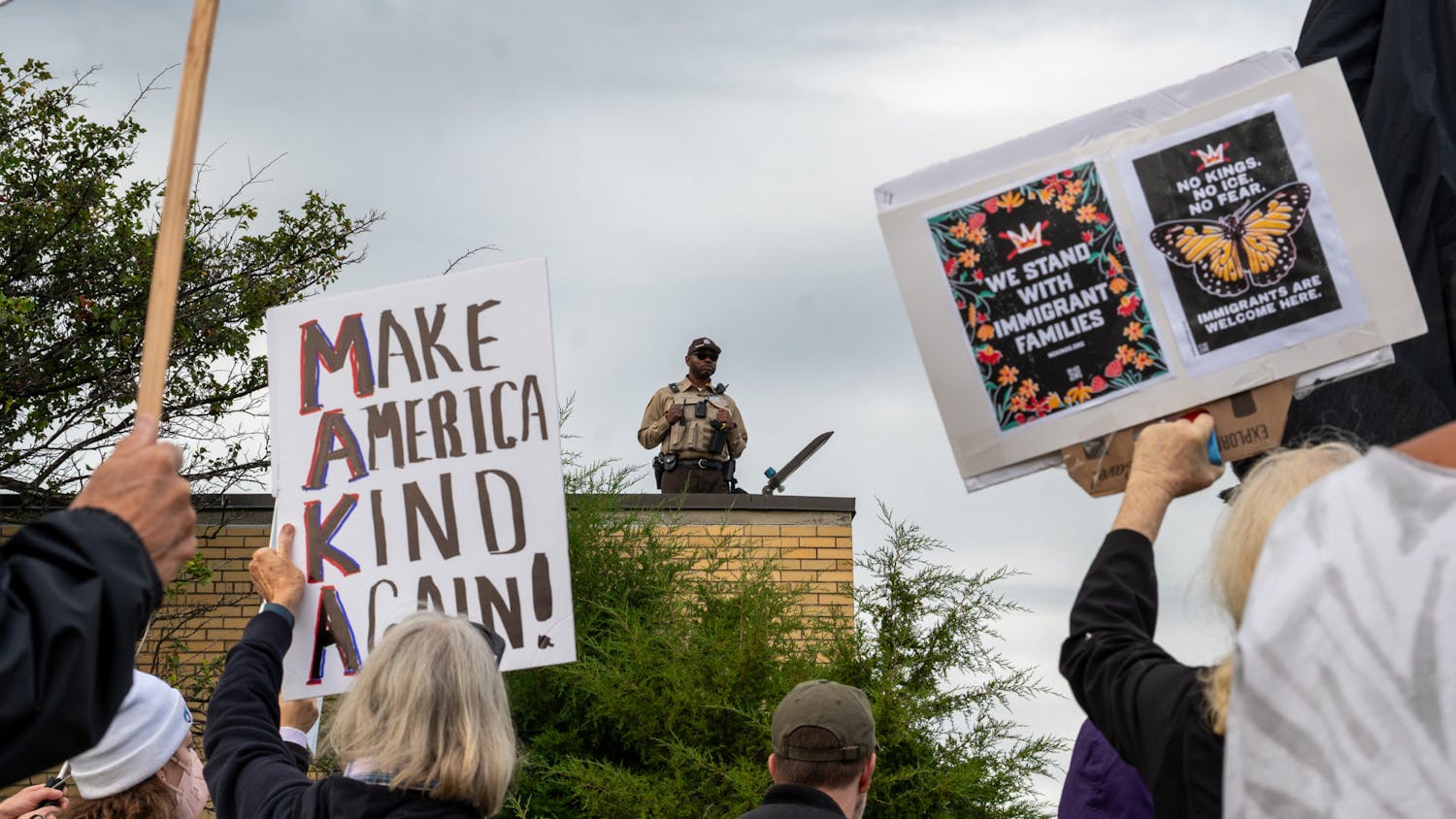However much it pains me to say it, I am too dependent on the Internet. I use Google and JSTOR to research papers and articles. When I miss my TV shows, I quickly rush online to see if Hulu has them. I use Facebook to keep in contact with my friend in the Army and my brother in Colorado. So when two current bills in Congress would allow the government to censor the Internet, I can't help but feel like parts of my life, however small or large, are in jeopardy.
The Stop Online Piracy Act in the House and the Protect IP Act in the Senate are not new bills; they were introduced in October and May respectively. But they refuse to die in legislative spirit or in a sub-committee, though the Protect IP Act is currently on hold thanks to Sen. Ron Wyden, D-Ore. Aimed at addressing illegal distribution of copyrighted material on the Internet, if passed, the bills would give the federal government the ability to apply Domain Name System blocking, or DNS blocking, to web sites. A site could be blocked for distributing copyrighted material or even linking to or mentioning sites that provide the illegal services, even if they are present without the site's knowledge.
I am not an online piracy advocate, and I believe the issue of online piracy should be addressed to protect artists and intellectual property rights. (In fact, with sites like Pandora and Spotify, I would argue that corporations and artists are working toward solutions that eliminate the desire to pirate music in the first place.) However, the way these bills are written makes it all too possible for the federal government to have draconian control over the Internet. These bills are similar to the way China controls its citizens' Internet use.
These bills do not only threaten sites that knowingly distribute illegal goods. The most objectionable provision of acts could shut down sites that have too many links to illicit sites, whether those links were put up by the site owner or by visitors. This places an undue burden on site owners to check all of the links their users post.
It also gives an opportunity for malicious acts, like spamming a forum or comment section with bad links. By setting up these strict conditions, the bills threaten to destroy the interconnectedness that defines the world wide web.
SOPA is considered the worst of the bills because it allows the government to hold more sites liable for infringements. For example, if Google or Yahoo workers fail to catch new pirating web sites more quickly than their search algorithms find them, the companies could be held responsible and punished. Who is to say how soon they must catch and delete these sites? What implications does this have for new sites that wish to spread the vast wealth of knowledge to the world? The answer is unclear, and that is perhaps the scariest part of the two bills.
In all honesty, the government is just trying to do what it is allowed to do according to Article 1 Section 8 of the U.S. Constitution by "securing for a limited Times to Authors and Inventors the exclusive Right to their respective Writings and Discoveries." But in usual fashion, the government is overstepping its bounds. If it wishes to shut down piracy sites, it should do just that. It may be more time-consuming and complex, but it punishes the correct people. By going after search engines and social sites as well, it punishes everyone, even people who are not involved in any piracy at all.
If anything good comes from the bills, it will be a call-to-arms for Internet users to become politically active. Most people would agree stealing is wrong, and if it becomes a widespread occurrence, there is nothing to expect besides a strong crackdown. When stealing becomes too prevalent at convenience stores, store owners start locking up their valuable products. It is only reasonable for artists and distribution companies to ask the government to help them out. It may be time for people to (gasp) stop stealing off the Internet. If they don't, either the government will crack down or companies will begin slowing down their production. Neither option is preferable.
By going after not only piracy sites but those that happen to link to them, the government is attacking this issue in an overly punitive way. Internet users who have never pirated or have stopped pirating, can be punished for the actions of others. With strong corporate interest and bipartisan support, there is a good chance these bills will be passed in some form. We can only hope that some provisions change to protect copyrights, as well as all the progress Internet has made up to now.
Matt Beaty is a junior majoring in mathematics and computer science. Please send all feedback to opinion@dailycardinal.com.





